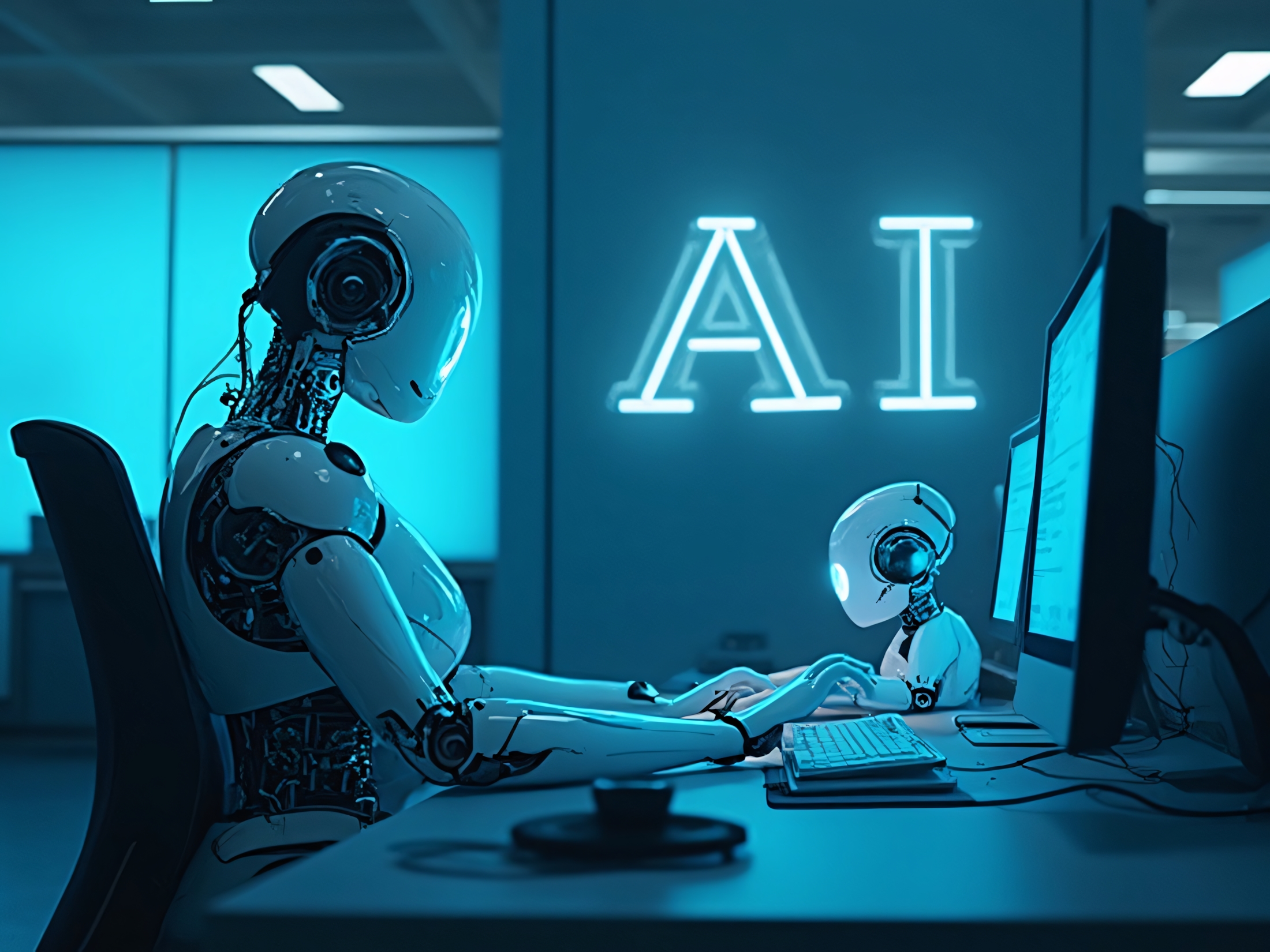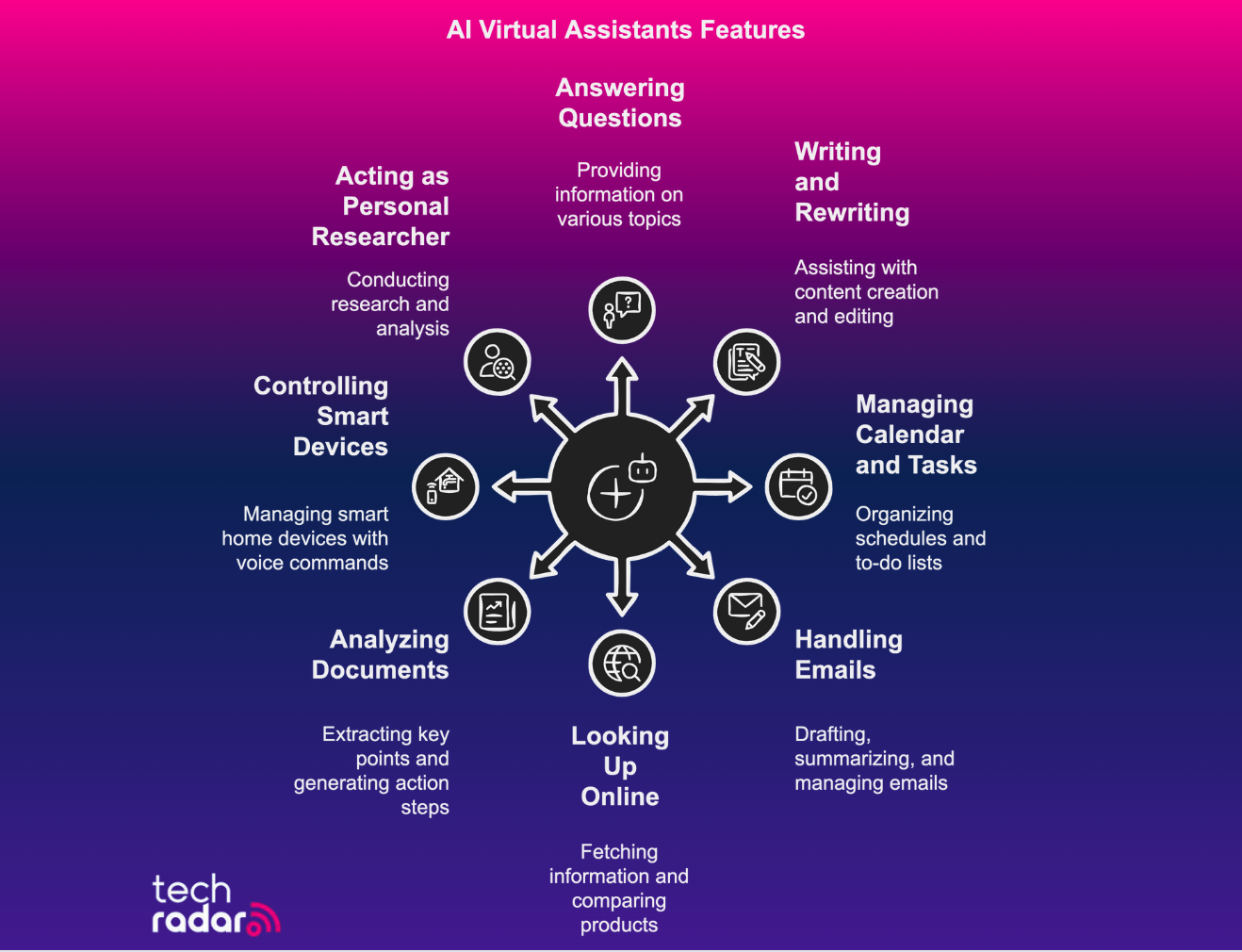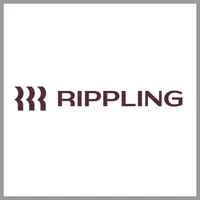Sponsored by Rippling
Here are 5 great examples how AI is transforming HR software
AI can play a huge, positive role in your business

Artificial Intelligence (AI) is no longer a futuristic concept; it’s already reshaping the way HR departments operate.
From recruiting the right talent to improving employee engagement, AI-powered HR software is streamlining processes, generating insights, and allowing HR leaders to focus on what matters most: people.
For HR teams balancing efficiency with employee experience, AI offers both speed and personalization. Let’s explore five key areas where AI is making the most significant impact in 2025.
Claim your 3 free months of payroll now
For a limited time, Rippling is sweetening the deal with 3 months of payroll service completely free. Just smart software, built for small and medium-sized businesses, with a deal that lets you run payroll without spending a dime for your first three months. And free really means free - no credit card charges, no hidden fees, no surprise invoices down the road.
Techradar Pro Approved Sponsored Offer
1. Smarter recruiting and talent acquisition
Recruitment is recognized as one of the most time-consuming responsibilities within the Human Resources (HR) domain.
To alleviate this burden, AI-powered applicant tracking systems have emerged as indispensable tools for HR teams. These advanced systems excel at automatically screening thousands of resumes, efficiently identifying qualified candidates who are best suited for specific roles.
Leveraging predictive algorithms, these tools match candidates to job positions based on their skills, experience, and overall fit, streamlining the recruitment process.

Moreover, AI technology plays a crucial role in mitigating unconscious bias, ensuring that hiring decisions are grounded in objective criteria rather than subjective judgments. By focusing solely on relevant qualifications, these systems promote a more equitable hiring landscape.
As a result, HR professionals are able to make faster and more informed hiring decisions, leading to the development of stronger talent pipelines.
This efficiency not only enhances the overall recruitment process but also allows HR teams to dedicate more time to fostering meaningful connections with candidates, ultimately enriching the candidate experience and building a more engaged workforce.
2. Employee onboarding automation
First impressions are crucial for new hires, and poor onboarding can hurt the company. Organizations are increasingly leveraging AI to enhance the onboarding experience.
AI-powered chatbots serve as virtual assistants, guiding employees through their initial days by providing real-time support. These chatbots can address frequently asked questions about company policies, workplace culture, and operational procedures, ensuring that new employees feel informed and confident as they acclimate to their roles.

Additionally, these intelligent systems streamline the completion of essential compliance documents, helping to eliminate delays that could hinder productivity.
By automating these tasks, HR teams can dedicate more time to strategic initiatives rather than administrative duties.
Moreover, AI technology can analyze the specific needs of various roles, allowing for customized onboarding content and tailored training modules. This personalization not only enhances engagement but also ensures that each new hire receives the most relevant information and skills needed for their position.
As a result, the onboarding process becomes more efficient and effective, ultimately contributing to higher employee satisfaction and retention rates.
3. Performance management and feedback
Traditional performance reviews have long been criticized for providing a limited perspective on an employee's work, often reflecting only a moment in time rather than the full scope of their contributions.
However, advancements in artificial intelligence now offer a transformative solution through continuous performance monitoring. This modern approach leverages data analytics to assess project outcomes and productivity metrics, providing managers with a comprehensive view of an employee's performance over time.
Furthermore, AI tools utilize sentiment analysis to gauge employee engagement levels by analyzing feedback and communication patterns. This more profound understanding of interpersonal dynamics can highlight areas where employees may need support or encouragement, fostering a more inclusive work environment.
In addition, these AI systems can recommend personalized career development opportunities tailored to each individual's skills and aspirations, ensuring that employees are engaged in their personal growth while aligning with organizational goals.

By embracing this data-driven methodology, like sentiment analysis, companies can achieve fairer evaluations, enhance their alignment with strategic objectives, and offer more timely recognition of contributions.
This shift not only empowers employees but also cultivates a culture of continuous improvement, ultimately driving greater success for both individuals and the organization as a whole.
4. Workforce planning and retention
Employee turnover can significantly impact an organization's bottom line, making it crucial for companies to understand and predict attrition. The challenge of identifying potential departures has often plagued HR departments, but advancements in artificial intelligence are providing innovative solutions for retention.
AI tools can analyze a range of data to forecast workforce needs, aligning human resources with business growth and future skill requirements. By assessing performance trends and engagement metrics, these tools can pinpoint employees who may be at risk of leaving, enabling HR teams to intervene proactively.
Moreover, AI can recommend personalized learning and development paths tailored to individual employees, fostering their professional growth and increasing their loyalty to the company.

By equipping employees with the skills they need to advance in their careers, organizations can create an environment where high performers are encouraged to stay.
With these powerful insights, HR teams are shifting from a reactive stance—merely managing resignations—to a proactive approach that emphasizes retention strategies, ultimately leading to a more stable and committed workforce.
5. Employee experience and engagement
The modern workplace demands customized work environments that meet both the personal requirements and individual taste preferences of staff members.
The contemporary business environment requires human resources departments to deliver exceptional employee experiences, and AI technology functions as their primary solution to achieve this goal.
AI tools enable organizations to extract vital data points from their collected information through real-time analysis of engagement surveys. The system enables HR teams to detect patterns and solve problems quickly while creating specific solutions that match employee needs.
The HR department can create immediate solutions for employee morale decline in departments by using survey data to implement team-building activities and recognition programs.
AI platforms analyze individual employee information to develop personalized well-being and training initiatives. The systems use individual skill and interest assessments and personal development goals to generate customized learning paths that enhance career growth and personal satisfaction.
The individualized approach enables employees to learn continuously because they find personal value and understanding in their work environment.
Virtual assistants that use AI technology now perform frontline HR support duties by answering basic questions about organizational policies, employee benefits, and operational procedures.
The system provides instant assistance to employees at all times, which shortens response times. The automation of these routine tasks allows HR professionals to perform strategic work that includes talent management and workplace culture development.
The integration of AI technology into HR operations enables HR departments to provide superior service delivery while promoting employee wellness.
Organizations that use technology to create individualized employee experiences end up with better retention rates and increased employee engagement and teams that deliver maximum organizational value.
Conclusion
The integration of artificial intelligence into HR operations allows departments to deliver superior service while promoting employee well-being.
By leveraging technology to create individualized employee experiences, organizations can achieve better retention rates, increase employee engagement, and build teams that deliver maximum organizational value.
Sign up to the TechRadar Pro newsletter to get all the top news, opinion, features and guidance your business needs to succeed!
Bryan M. Wolfe is a staff writer at TechRadar, iMore, and wherever Future can use him. Though his passion is Apple-based products, he doesn't have a problem using Windows and Android. Bryan's a single father of a 15-year-old daughter and a puppy, Isabelle. Thanks for reading!

